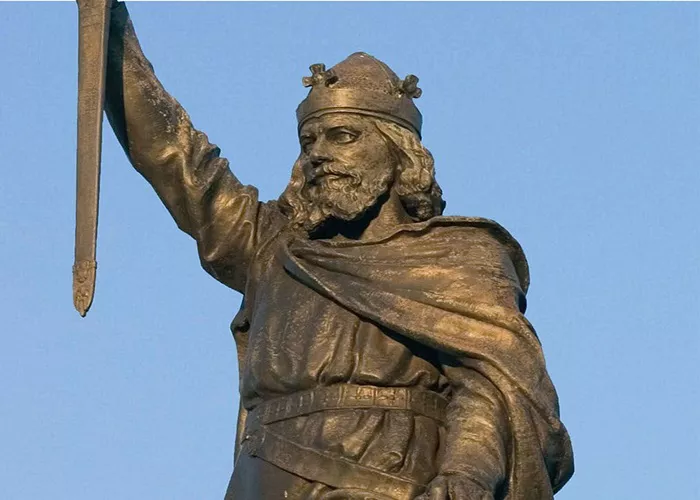January 8 holds notable significance in British history, marked by various events spanning centuries. This article delves into these occurrences, providing a detailed overview of each event while maintaining clarity and simplicity in the narrative.
What Happened on January 8 in British History?
1. Alfred the Great’s Victory (871)
On January 8, 871, Alfred the Great, the King of Wessex, led his forces against a Viking invasion. This battle was part of the larger conflict between the Anglo-Saxons and Viking invaders who were attempting to conquer England. Alfred’s leadership was crucial in repelling the Viking forces at the Battle of Ashdown.Alfred’s army was significantly outnumbered, yet his strategic acumen and motivational skills inspired his troops to fight valiantly. The victory at Ashdown marked a turning point in Alfred’s campaign against the Vikings, ultimately leading to his recognition as one of England’s greatest monarchs. This event is often credited with laying the foundation for a unified England under his rule.
2. Bonnie Prince Charlie Occupies Stirling (1746)
Another significant event occurred on January 8, 1746, when Bonnie Prince Charlie occupied Stirling during the Jacobite uprising. This uprising aimed to restore the Stuart monarchy to the British throne. Charlie’s occupation of Stirling was a bold move that temporarily established his control over Scotland.Despite initial successes, this occupation was short-lived. The Jacobite forces faced overwhelming opposition from government troops, leading to their eventual defeat at the Battle of Culloden later that year. This defeat effectively ended the Jacobite cause and solidified Hanoverian rule in Britain.
3. Opening of Soup Kitchens in London (1800)
On January 8, 1800, London opened its first soup kitchens aimed at alleviating poverty among its citizens. This initiative was a response to the growing number of impoverished individuals in urban areas during the Industrial Revolution.The establishment of soup kitchens represented a significant shift in social responsibility and welfare provisions in Britain. It marked the beginning of organized efforts to provide food and support for those in need, laying groundwork for future social reforms aimed at addressing poverty and inequality.
4. The Battle of New Orleans (1815)
A pivotal moment for Britain occurred on January 8, 1815, during the Battle of New Orleans, where British forces led by Major General Edward Pakenham faced American troops under Major General Andrew Jackson. Despite being well-equipped and numerically superior with around 8,000 troops, Pakenham’s forces suffered a decisive defeat.The battle took place after the Treaty of Ghent had been signed on December 24, 1814, which officially ended the War of 1812 between Britain and the United States. However, news of the treaty had not yet reached the combatants. The American victory not only boosted national morale but also catapulted Jackson to fame as a national hero.
5. Birth of James Craig (1871)
On January 8, 1871, James Craig, who would become the first Prime Minister of Northern Ireland and hold the title of Viscount Craigavon, was born. His political career began in earnest with his involvement in Irish politics during a time when tensions between nationalists and unionists were high.Craig played a significant role in establishing Northern Ireland as a distinct entity within the United Kingdom following its creation in 1921. His leadership during this formative period helped shape Northern Ireland’s political landscape for decades to come.
6. David Lloyd George Resides at Chequers (1921)
In a more contemporary context, January 8, 1921, marked an important moment when David Lloyd George became the first Prime Minister to reside at Chequers, a country house gifted to the nation by Lord Lee of Fareham. Chequers has since served as a retreat for British Prime Ministers.Lloyd George’s tenure as Prime Minister was characterized by significant social reforms and efforts to address post-World War I challenges. His decision to use Chequers as a retreat symbolized a shift towards modern governance practices that included work-life balance for leaders.
Conclusion
January 8 has witnessed transformative events throughout British history that have shaped political landscapes and societal norms. From military victories to social reforms and political leadership changes, each occurrence reflects broader themes in British history—resilience against invasions, struggles for power, and evolving social responsibilities.These events not only highlight key moments but also serve as reminders of how history is interwoven with human experiences and decisions that continue to influence contemporary society.
Related Topics:

